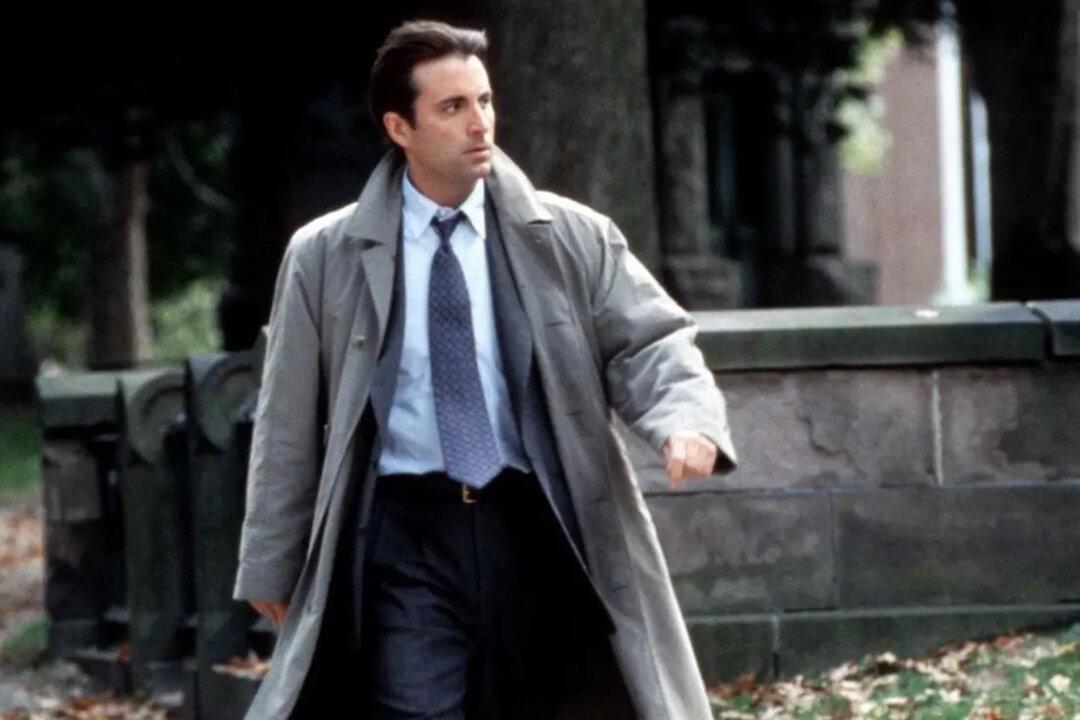R | 1h 53m | Crime, Drama, Thriller | 1996
“Night Falls on Manhattan” (1996) reflects Sidney Lumet’s thematic interests in authority, corruption, and the working class. These subjects, albeit from a different angle, were displayed in his critically acclaimed film “Serpico” (1973). In this film, Lumet delves into the intricate dynamics within the corridors of power.






